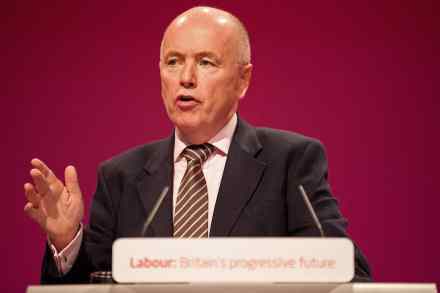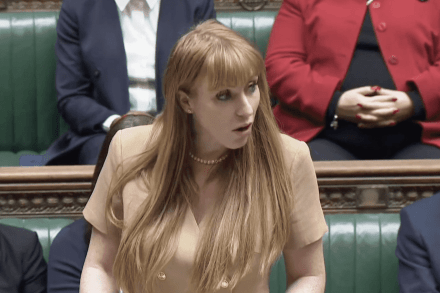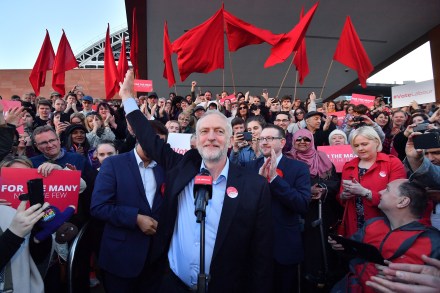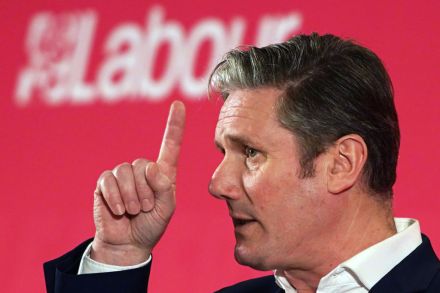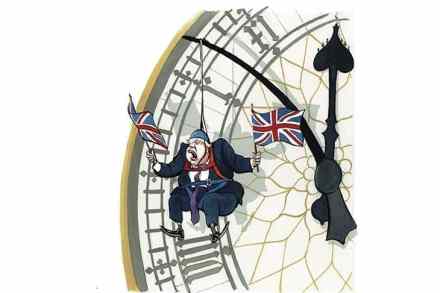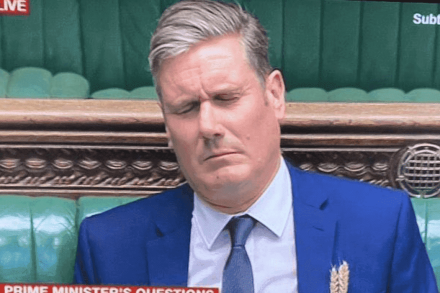Is Labour ready to become the party of business?
While the Tories limp from one scandal to the next, an opportunity has opened up for Labour when it comes to courting business. Although it’s unlikely many voters elected Boris Johnson into office because they trusted his moral compass they did at least think he would deliver on his promise of sunlit uplands. But two years and a pandemic later, government spending as a percentage of national income is set to top 45 per cent, we’ve yet to ignite a bonfire of EU regulations, inflation has reached 5.4 per cent (and still rising) and the cost of living crisis is rapidly worsening. Voters are starting to question whether, with the



